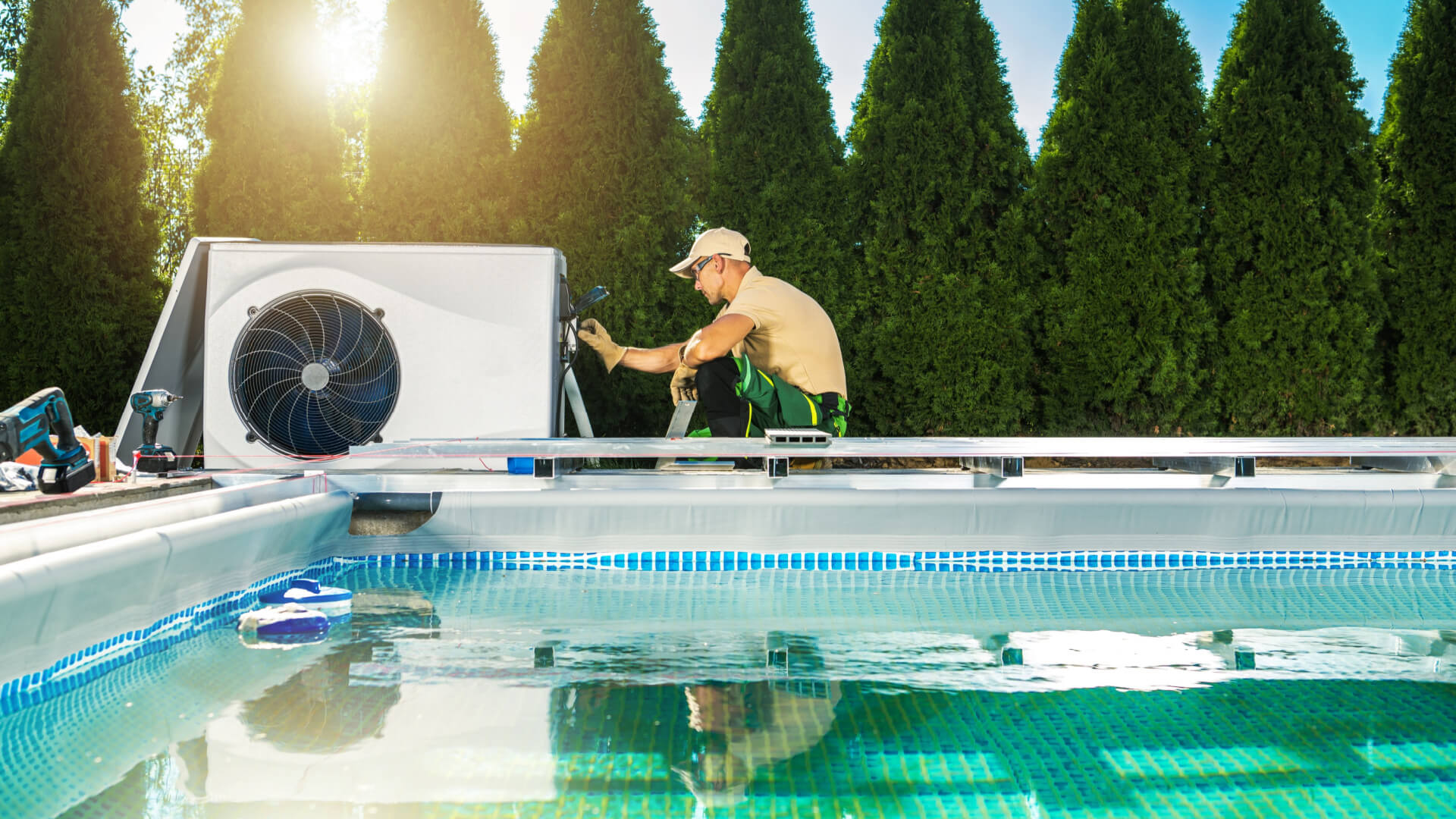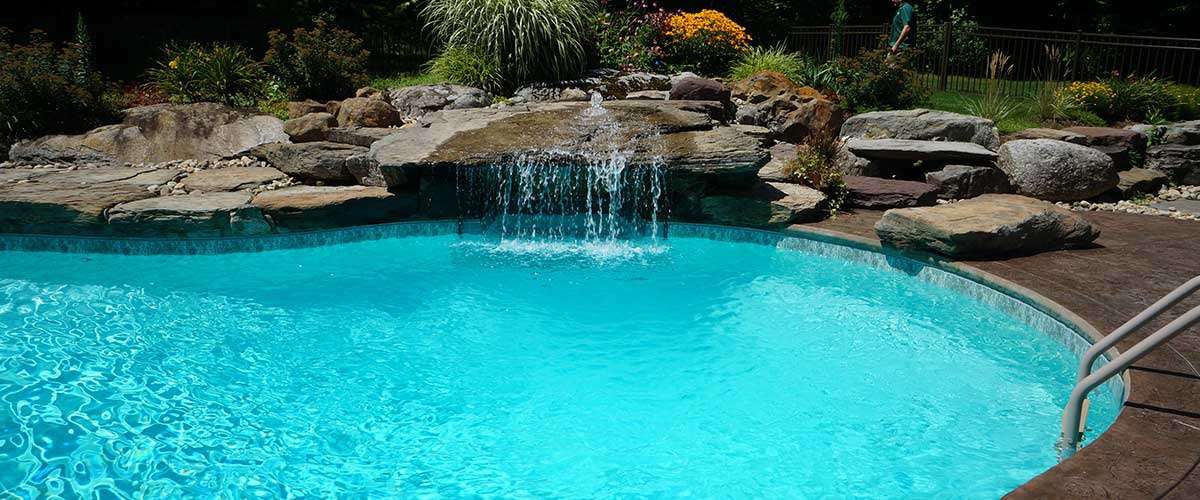Pool Heizen: Optimizing Your Swimming Experience
Understanding Pool Heating Systems
Investing in a pool heating system enhances your swimming experience, allowing you to enjoy your pool far beyond just the summer months. Whether you own a residential or commercial swimming pool, understanding the various **pool heating systems** available can help you choose the best option that meets your needs and budget. From solar heaters to gas and electric options, each type has its unique benefits and considerations. In this section, we will dive into the different **pool heating solutions** available on the market, helping you make an informed decision for your pool.
Types of Pool Heating Solutions
There are several types of **pool heating solutions** that cater to diverse needs and preferences. The most common types include gas heaters, electric heaters, heat pumps, and solar heaters. Each type operates differently and varies in cost, efficiency, and heating capacity. For instance, **gas pool heaters** are popular for their fast heating capabilities, making them ideal for quick temperature adjustments. However, they can be expensive to operate in the long term. Conversely, **solar pool heating systems** utilize renewable energy and can significantly reduce heating costs, but they may require more installation space and depend on sunlight availability. By assessing your usage patterns, installation space, and budget, you can determine which system suits your swimming pool best.

Why Choose Solar Heating for Your Pool?
Choosing **solar heating for your pool** comes with a plethora of benefits. First, it is environmentally friendly, which appeals to eco-conscious pool owners. Solar heaters can effectively maintain the water temperature, extending the swimming season with minimal impact on your utility bills. They work by collecting sunlight through solar panels, which then heats the pool water before circulation. While the initial investment might be higher compared to traditional heating systems, the long-term savings in energy costs make solar heaters a wise investment. Additionally, they require less maintenance, providing peace of mind for owners looking for a sustainable heating solution.
Choosing the Right Pool Heater
When it comes to **choosing the right pool heater**, several essential factors need to be considered. These include the size of your pool, local climate, intended usage days, and budget. For instance, a larger pool may require a more powerful heating system to overcome heat loss effectively. Moreover, if you reside in a region with long winters, opting for a **high-capacity heater** is advisable to maintain comfortable swimming temperatures effectively. Taking these factors into account ensures you select a heater that fits seamlessly into your lifestyle and meets your pool heating requirements.
Determining the Right Heater Size
To efficiently heat your pool, knowing how to determine the right equipment size is crucial. The heater’s capacity is often measured in BTUs (British Thermal Units) and should correlate with your pool’s surface area and volume. Generally, industry standards recommend around 30-50 BTUs for every square foot of surface area. If your pool has additional heating demands—such as a retractable cover in colder seasons—consider increasing capacity to maintain desired temperatures. In this way, accurately calculating the size of your heater allows for optimal performance and can save on energy expenses.
Energy Efficiency and Costs
Energy efficiency is a critical aspect when evaluating **pool heating costs**. Modern heaters are increasingly designed to be energy efficient, helping to manage both environmental impact and utility bills. New technologies, including variable-speed motors and energy-efficient designs, can significantly lower consumption without compromising performance. Furthermore, some systems offer smart controls that enable users to set timers and optimize running schedules based on pool usage. To make the best choice, compare the **energy ratings of various heaters** and weigh their upfront investment against potential savings.

Maintenance Tips for Your Pool Heater
Regular maintenance is fundamental to ensuring your pool heater operates smoothly and effectively. By following simple maintenance procedures, you can extend the lifespan of your heating system while maximizing efficiency. Helpful techniques include checking filters regularly, monitoring water chemistry, and verifying that pumps and valves are functioning optimally. Neglecting these elements can lead to costly repairs and inefficiencies which are avoidable with proper upkeep.
Common Pool Heater Problems and Solutions
Understanding common pool heater problems can prevent inefficiencies and keep your pool warm and inviting. Frequent issues might include clogged filters, inadequate heating, and unusual noises during operation. Clogged filters can hamper heating ability. Hence, cleaning or changing them regularly is crucial. If your heater isn’t warming the water effectively, check whether the thermostat settings align with expectations; thermometers should read expected water temperatures. Identify and address these challenges early on to avoid further complications down the road.
Seasonal Maintenance Guidelines
At the change of seasons, implementing specific **seasonal maintenance guidelines** is wisest. Before winter, consider draining and storing above-ground heaters as freezing temperatures can damage internal components. If you have built-in heaters, ensure they have proper insulation against temperature extremes. Additionally, inspect hoses and connections for any signs of wear or wear, replacing them as necessary. By proactively maintaining your heater throughout the seasons, you safeguard its efficiency and prolong its operational life.
Conclusion
Choosing the right heating system for your pool is crucial to enjoying a comfortable swimming environment throughout the year. By understanding the various types of **pool heating systems** available, knowing how to select and size your heater, and committing to regular maintenance, you will maximize the efficiency and lifespan of your investment. Don’t hesitate to explore solar options or energy-efficient designs that can save you money in the long run while providing an enjoyable swim.
FAQ
1. What is the most efficient type of pool heater?
Generally, heat pumps are considered the most efficient type of pool heater, as they leverage ambient air temperature to heat water, which can significantly lower energy costs compared to gas or electric heaters. However, the efficiency can also depend on climate conditions and the specific requirements of your pool.
2. How long does it take to heat a pool with a gas heater?
Heating times with a gas heater typically vary based on the pool’s size, desired temperature, and heater capacity. On average, you can expect to wait around 8-24 hours for your pool temperature to reach the desired level, depending on these factors.
3. Can I heat my pool without a heater?
Yes! You can heat your pool using several alternative methods, such as solar pool covers that retain heat or utilizing a solar heating system that collects sunlight. While these methods are often less effective than dedicated heaters, they can provide mild warming for your pool and complement more traditional heating systems.
4. How often should I maintenance my pool heater?
Regular maintenance should ideally be performed biannually, annually or before the swimming season starts, depending on usage. Regular checks on filters, pumps, and hoses help ensure your heater operates optimally, preventing long-term issues and costly repairs.
5. Are solar heaters worth the investment?
Yes, solar heaters can certainly be worth the investment for many pool owners due to their long-term cost savings and friendlier environmental impact. While the upfront costs may be higher, ongoing savings on utilities and reduced maintenance make them a desirable choice for both homeowners and businesses alike.
6. What factors affect the heating time of a pool?
Key factors that affect the heating time of your pool include its size, type of heater, initial water temperature, outdoor temperature, and whether protective covers are used during the heating process. All these factors come together to influence how quickly the water reaches your target temperature.
7. Can I install a pool heater myself?
While some pool owners choose to install their heaters, it’s recommended that you seek professional installation, especially for gas and electric heaters. Proper installation is crucial for safety and efficiency, ensuring your system operates as intended.
### Key Takeaways
– Understanding various pool heating systems can help you make informed decisions
– Regular maintenance is crucial for efficiency and longevity
– Solar heaters offer energy efficiency and sustainability
– Proper sizing significantly impacts heating effectiveness and costs
– Seasonal maintenance is key to preventing damage and ensure optimal operation
### Call to Action
To fully enjoy your swimming season, consider investing in a suitable pool heating system today. Equipped with this knowledge, we encourage you to make informed decisions that enhance both your experience and the longevity of your pool heating equipment!
